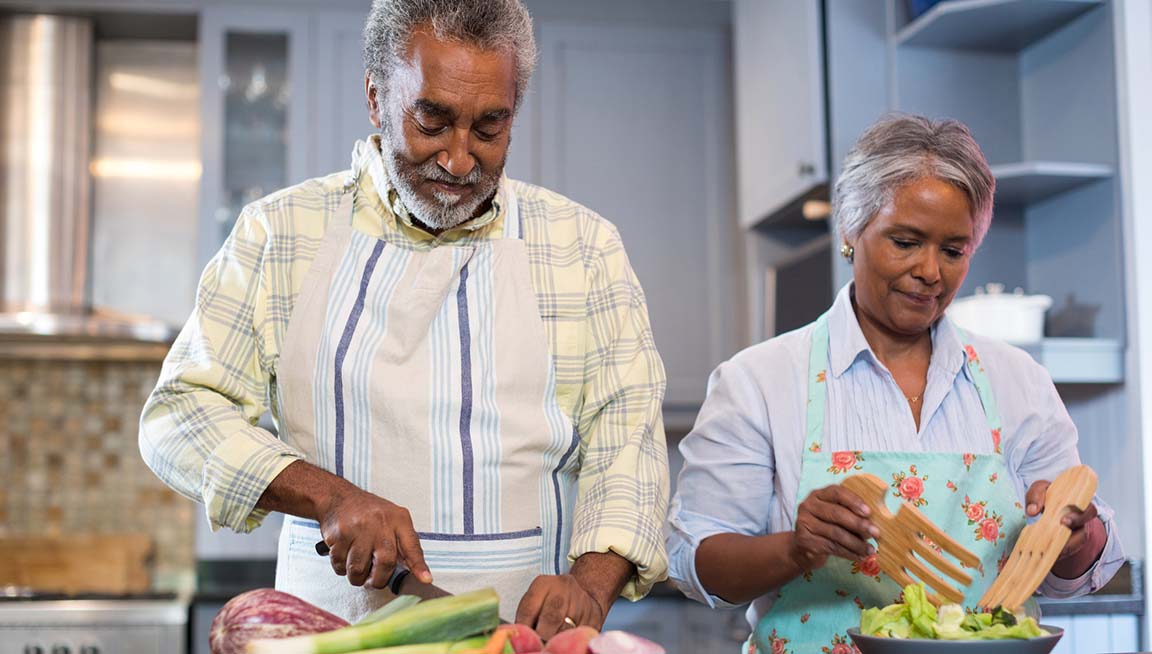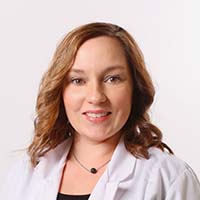After a heart attack or heart surgery, it’s important to examine your diet because eating right can help you recover and reduce your risk for further heart problems. It’s a good idea to avoid certain foods that can negatively impact heart health and replace them with heart-healthy options.
What to avoid
Jamie Kandora, clinical nutrition manager at Tidelands Health, says the most important change for people who have experienced a heart attack or heart surgery is to reduce the amount of saturated fat they’re consuming. Saturated fat is common in processed meats such as sausage, bacon, turkey bacon and ham, hard cheeses such as cheddar and Parmesan, whole milk, butter, lard, cream and other foods.
“Eating too much saturated fat increases the amount of bad, low-density lipoprotein cholesterol in your blood,” Kandora says. “This is a concern because high LDL levels can increase your risk for heart disease.”
People recovering from a heart attack need to watch how much added sugar they are consuming, too.
“Added sugars are sugars and syrups put in foods during preparation or processing or added at the table,” Kandora says. “Research suggests that a high-sugar diet can cause the liver to dump harmful fats into our bloodstream.”
A heart-healthy diet
So what should you be eating after experiencing a heart attack or undergoing heart surgery?
Kandora suggests eating a diet that is high in fruits, vegetables, whole grains, beans, nuts and seeds and also incorporates fish and seafood.
“Following a heart-healthy diet after a heart attack or heart surgery is recommended to help reduce your unhealthy blood cholesterol levels, manage high blood pressure and lower your risk for another heart-related incident,” Kandora says. “A heart-healthy diet can also help with weight loss, which tends to lower risks for a broad range of health conditions, including heart disease.”
A lifestyle change
Overhauling your diet can be a lot to handle at once, so Kandora suggest people start with one or two small changes at a time.
“It is always beneficial to change your outlook from ‘going on a diet’ to ‘making a lifestyle change,’” she says.
If you are concerned about your risk for heart disease or if you’ve just had a heart attack or heart surgery, it’s important to consult with your physician about any changes to your diet, Kandora says. He or she can help you manage your overall risk for cardiovascular disease.







